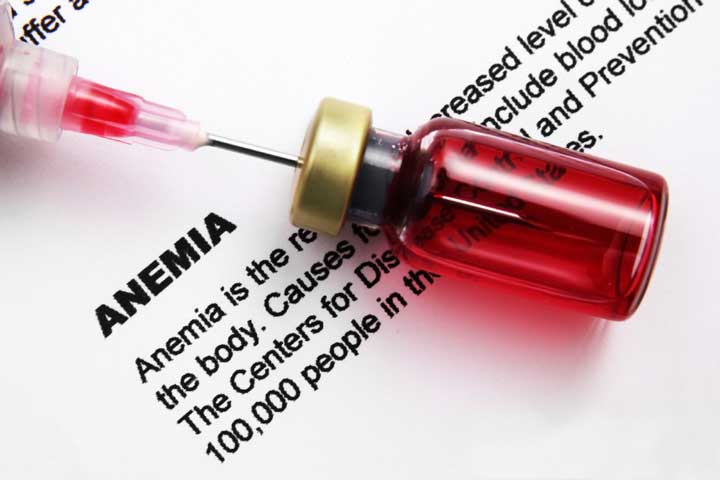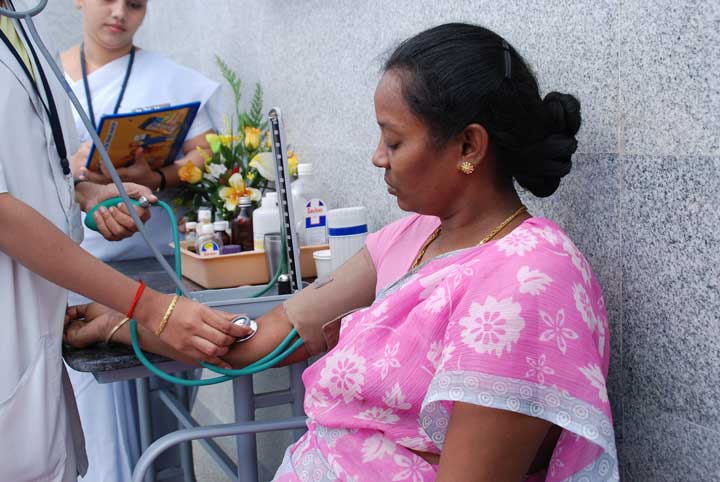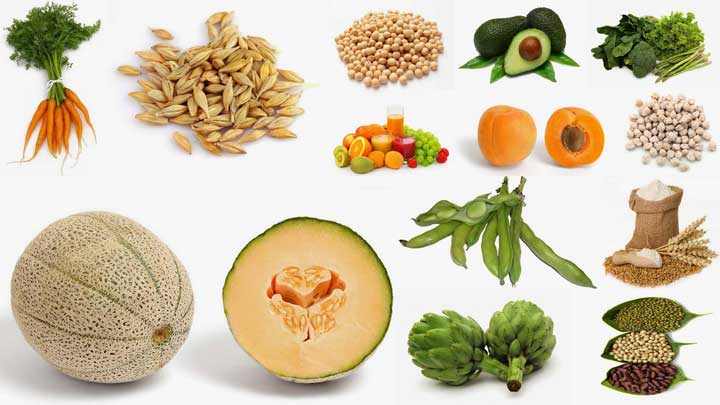Health
Here’s How To Manage Anaemia With Your Diet
Lately, have you been getting easily fatigued or irritable? Do you feel increasingly thirsty all the time or out of breath more often? Do you suffer from bouts of dizziness? If you’ve experienced any of these symptoms, despite having no maker lifestyle changes (stressors or change in diet), there’s a chance that you may be anaemic.

Don’t freak out; anaemia is a common, manageable condition. Anaemics fall into two categories; either and individual has a lower-than-normal amount of red blood cells (RBCs) in their system or a low amount of haemoglobin in the RBCs. A lower count of either becomes a problem as RBCs are responsible for supplying oxygen to the body. A shortage of RBCs or haemoglobin in them leads to a shortage of oxygen supply which can lead to a variety of complications.
The Prevalence of Anaemia
As we mentioned before, anaemia is a common condition globally. The World Health Organisation (WHO) data estimates that there are two billion people in the world who have anaemia.
Meanwhile, according to Scholar’s Research Library, in an Indian context, anaemia affects half the population, with women being twice as likely to suffer from it. Anaemia is estimated to have been responsible for 20 – 40% of maternal deaths.
The Causes Of Anaemia
Why is anaemia such a widespread problem? One reason is because it can develop in a variety of different ways. One is due to a large amount of blood loss in an injury or during a woman’s period. Another is the decreased production of blood cells which is caused by iron deficiencies or a lack of vitamin B12. Finally, anaemia can also be caused by the breakdown of red blood cells which is caused by autoimmune diseases.
Anaemia also tends to become a large problem because individuals suffering from the symptoms (fatigue, dizziness, shortness of breath) may not see them as symptoms of a condition but instead as reactions to their stressful lives.
If you have been experiencing similar symptoms, pay a visit to a doctor and get a blood test done. If you are anaemic, depending on the severity of the condition, the doctor may suggest a variety of approaches- blood transfusion (if it’s incredibly severe), iron supplements and changes to your diet. Indeed, changing your diet will drastically help manage or even chase away anaemia. Here’s what you should consider:
Eat Foods That Are Good Sources Of Iron
Iron is a component of haemoglobin that is responsible for carrying oxygen around the body. If you’re an anaemic because of low haemoglobin levels, upping your intake of iron will help.
Iron rich foods include red meats like beef, lamb, pork and offal like kidneys, liver and hearts. Fish such as sardines and shellfish such as crab, shrimps and mussels are also good sources of iron. Green leafy vegetables such as broccoli, watercress, kale and spinach are also good sources as are all kinds of beans and pulses.
Eat Foods With High Levels Of Folic Acid
You may have heard of folic acid in the context of supplements that pregnant women have to take. However, anaemics should also consciously try to increase their intake of folic acids as it is essential to create RBCs.
Try to incorporate greens like Brussels sprouts, asparagus, spinach, kale, broccoli, cabbage and other green vegetables daily in your diet. Liver and kidneys also contain folic acid.
Take in More Vitamin C
While vitamin C has no direct impact on RBC production and health, it does help the body retain higher amounts of iron. Foods rich in vitamin c include citrus fruits, bell peppers and even chilies; head here to find out more about unexpected sources of Vitamin C.
Increase your intake of Vitamin B12
To increase the production of RBCs in your body, you will need to start taking in more Vitamin B 12. While there are supplements that may be prescribed to you, natural sources of Vitamin B12 are meats, fish, cheeses, milk and eggs.
An Anaemia-Management Diet For Vegetarians
Studies and data has found that vegetarians and vegans are more likely to suffer from anaemia. This is because most sources of vitamin B12 are from animals and animal by-products.
Vegetarians can get their required amounts from cheese, eggs and dairy products, depending on their preferences. For vegans, The Vegan Society recommends taking Vitamin B 12 supplements; consult with your doctor to find out which ones he would recommend.
If you begin monitoring your diet patterns along with following doctor’s suggestions, I (as a past anaemia sufferer myself) can personally promise that you’ll start seeing results; you’ll be more energetic and alert and feel infinitely better about yourself.

























